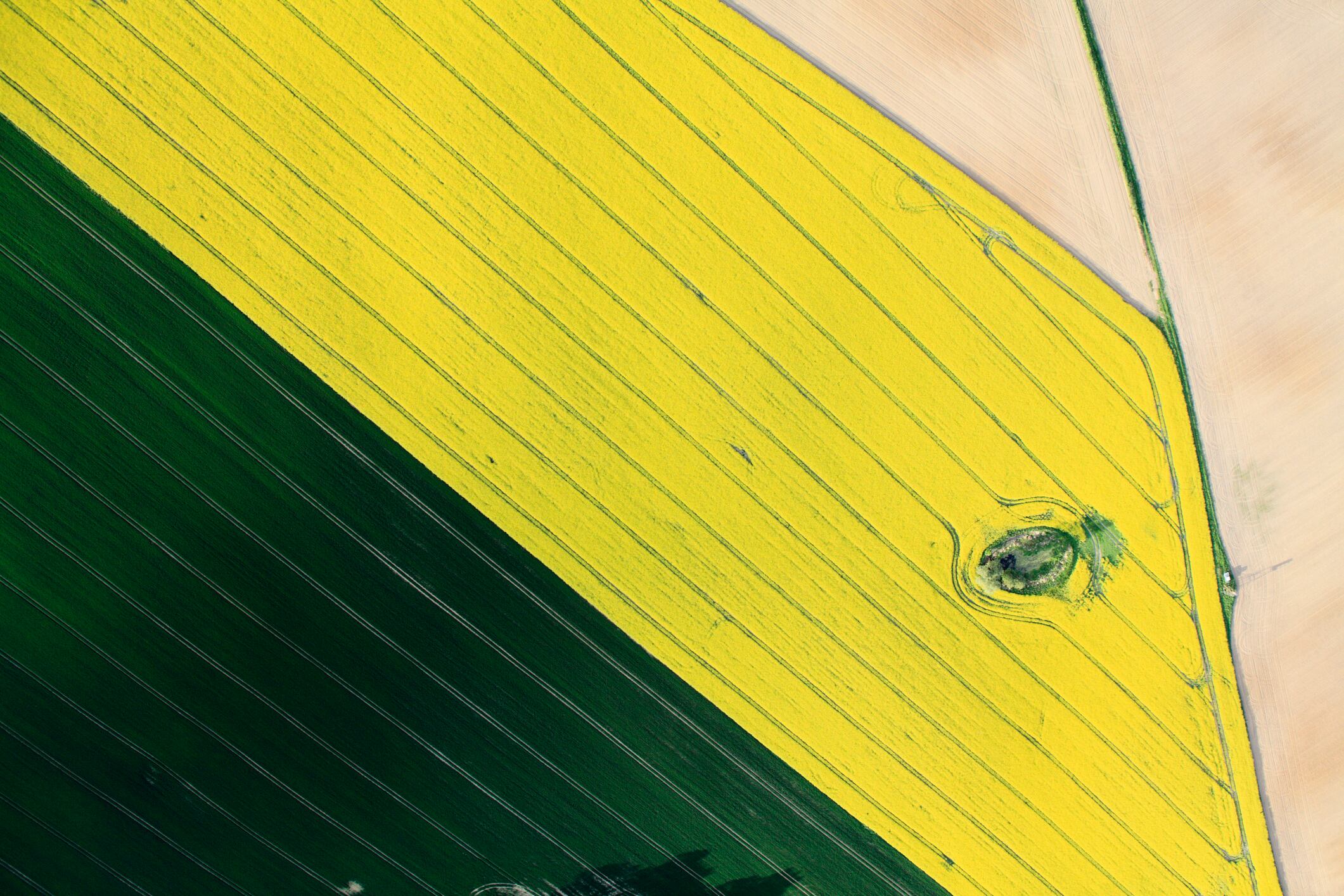European Digital Innovation Hubs (EDIHs) are EU-funded one-stop support centers under the Digital Europe Programme (DEP). Their mission is to help SMEs and public organisations adopt advanced technologies such as AI, high-performance computing, cybersecurity, and digital training.
By offering testing, training, and advisory services, EDIHs aim to make Europe’s economy greener, smarter, and more competitive. But when it comes to agriculture, the uptake has been surprisingly low.
A digital underperformer
According to the review from researchers at the University of Life Sciences in Romania, by September 2024 only 1.7% of EDIH beneficiaries came from the agri-food sector – far behind manufacturing, health, and energy.
This is striking given agriculture’s central role in food security, rural employment, and climate resilience. Digital tools like precision farming, IoT sensors, and AI-driven crop analytics could transform productivity and sustainability. Yet the sector remains on the sidelines.
Why is agriculture falling behind?
The study points to structural barriers that make participation difficult for agricultural SMEs, especially in Eastern and Southern Europe. These include poor broadband connectivity in rural areas; limited cloud infrastructure; and difficulty accessing finance for digital equipment.
Even though EDIHs offer free advisory services, these foundational gaps mean many farms and agri-businesses cannot take advantage of them.
Knowledge gaps in research
The review also highlights shortcomings in the academic and policy literature. Most research focuses on ecosystem-level analysis, neglecting internal hub dynamics and EU-level coordination. Studies are often theoretical or based on isolated case studies, with little empirical validation. Geographic coverage is uneven, leaving rural and less-developed regions underrepresented. This lack of robust evidence makes it harder to design effective interventions for agriculture.
Why it matters for Europe’s green and digital transition
Digital transformation in agriculture could boost efficiency, reduce costs, and improve sustainability – key goals for the EU’s twin transition. Without targeted support, the agri-food sector risks falling behind other industries, undermining progress on climate and food security.
Recommendations for closing the gap
The authors call for sector-specific hubs and tailored services for agriculture; stronger policy frameworks to bridge the rural digital divide; more empirical research and broader geographic representation and financial mechanisms to help SMEs invest in digital tools.
Europe’s agri-food sector is at a crossroads, they conclude. Digital Innovation Hubs offer a powerful lever for transformation – but only if policymakers and researchers address the structural and knowledge gaps holding agriculture back.
Reference
European Digital Innovation Hubs and the Agri-Food Sector: A Scoping Review of Current Knowledge and Sectoral Gaps




